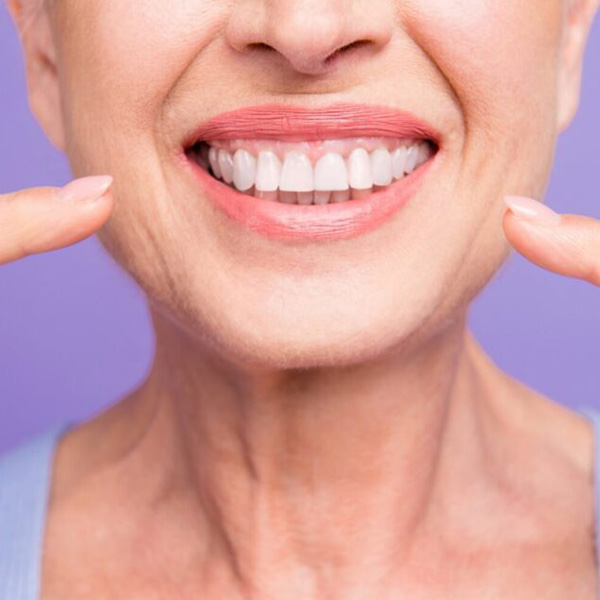Phoenix, AZ
Bruxism
Bruxism Treatment in North Phoenix, AZ
Highly-Experienced Dental ProfessionalsDr. Matthew Cavendish, DDS, PLLC provides bruxism treatment options to patients throughout Phoenix, AZ, and Paradise Valley. Dr. Cavendish and his team of highly-experienced professionals are dedicated to ensuring patients have a positive dental experience in a happy and friendly environment. If you suffer from bruxism, we have the experience and the training to help.
Book Online
What Is Bruxism?
Bruxism, also called teeth grinding, is involuntary habitual grinding of the teeth that typically occurs during sleep. It can cause pain in the jaw muscles, teeth, and temporomandibular joints (TMJs). While teeth grinding does not typically cause harm, it can if it occurs often enough.

What Causes Bruxism?
It’s not completely understood what causes bruxism, and it may be due to various physical, psychological, and genetic factors. However, teeth grinding can be caused by stress and anxiety. But because it most often occurs during sleep, it is mostly likely due to missing teeth, crooked teeth, or an abnormal bite. It can also be caused by a sleep disorder such as sleep apnea.

Who’s More Likely to Have Bruxism?
Bruxism is relatively common, especially sleep bruxism. Sleep bruxism affects about 10 percent of adults and 15 percent of children. Men and women are affected by bruxism at roughly the same rate, so gender isn’t a risk factor. A family history of teeth grinding, however, is. When it comes to bruxism, various risk factors make certain people more prone than others. These risk factors include, but are not limited to, the following:
Stress
Increased stress and anxiety, as well as anger and frustration, can lead to teeth grinding.Age
While bruxism can affect people of any age, it’s most common in children.Personality
Bruxism is more common in aggressive, competitive, hyperactive personalities.Smoking
Cigarette smoking and caffeine use can increase one’s chances of having bruxism.Certain Anti-Depressants
Bruxism is a side effect of certain psychiatric medications.Family History
Sleep bruxism is common within families and can be hereditary.The Types of Bruxism
There are two types of bruxism – awake bruxism and sleep bruxism. The teeth grinding is the same during both types of bruxism, but they are two different conditions. Below, we’ve gone into detail about each type of bruxism and what its possible causes are:
- Awake Bruxism – This type of bruxism occurs while one is awake and unconsciously clenching their teeth. Typically, this type of bruxism is related to emotional issues, such as feeling stressed, anxious, or angry. It can also occur when someone is concentrating on something. Usually, this type of bruxism doesn’t require treatment since it can be easily noticed and stopped.
- Sleep Bruxism – This type of bruxism occurs while one is sleeping. It is considered a sleep-related movement disorder and a sleep-related chewing activity associated with arousals during sleep. People with sleep bruxism are also more likely to have other sleep disorders, such as sleep apnea. Sleep bruxism can also lead to headaches and even migraines.

The Signs & Symptoms of Bruxism
Is Teeth Grinding Harmful?
Treatment for Bruxism
Contact Us Today for Bruxism Treatment
If you suffer from awake or sleep bruxism, you’ve come to the right place. At the office of Dr. Matthew Cavendish, DDS, PLLC, we offer treatment for bruxism. For years, we have helped patients who suffer from teeth grinding relieve their symptoms with mouthguards and medications. Regardless of which type of bruxism you suffer from, our highly trained team of dental professionals can help. Contact us today to schedule a consultation. We look forward to serving you.



